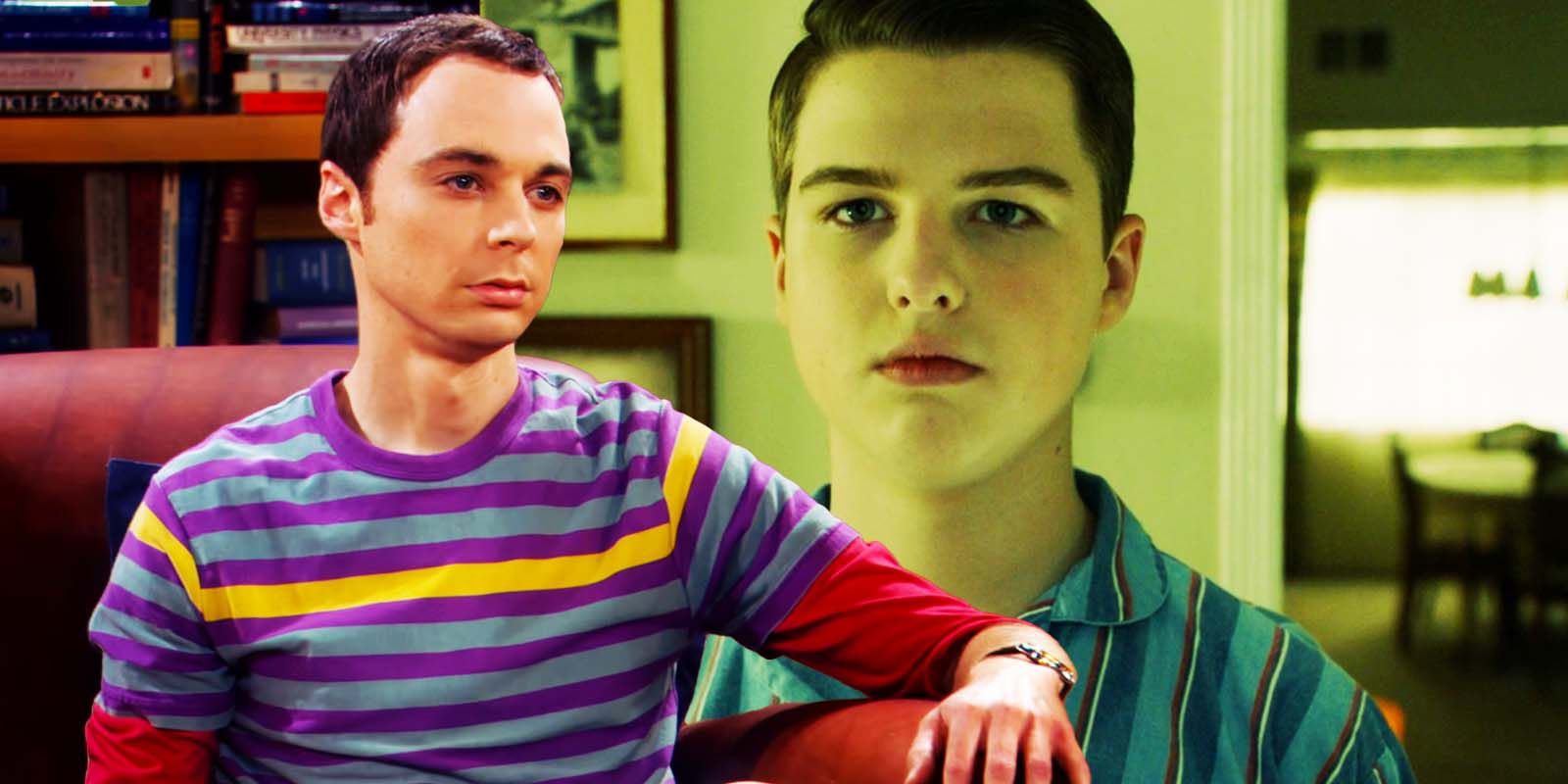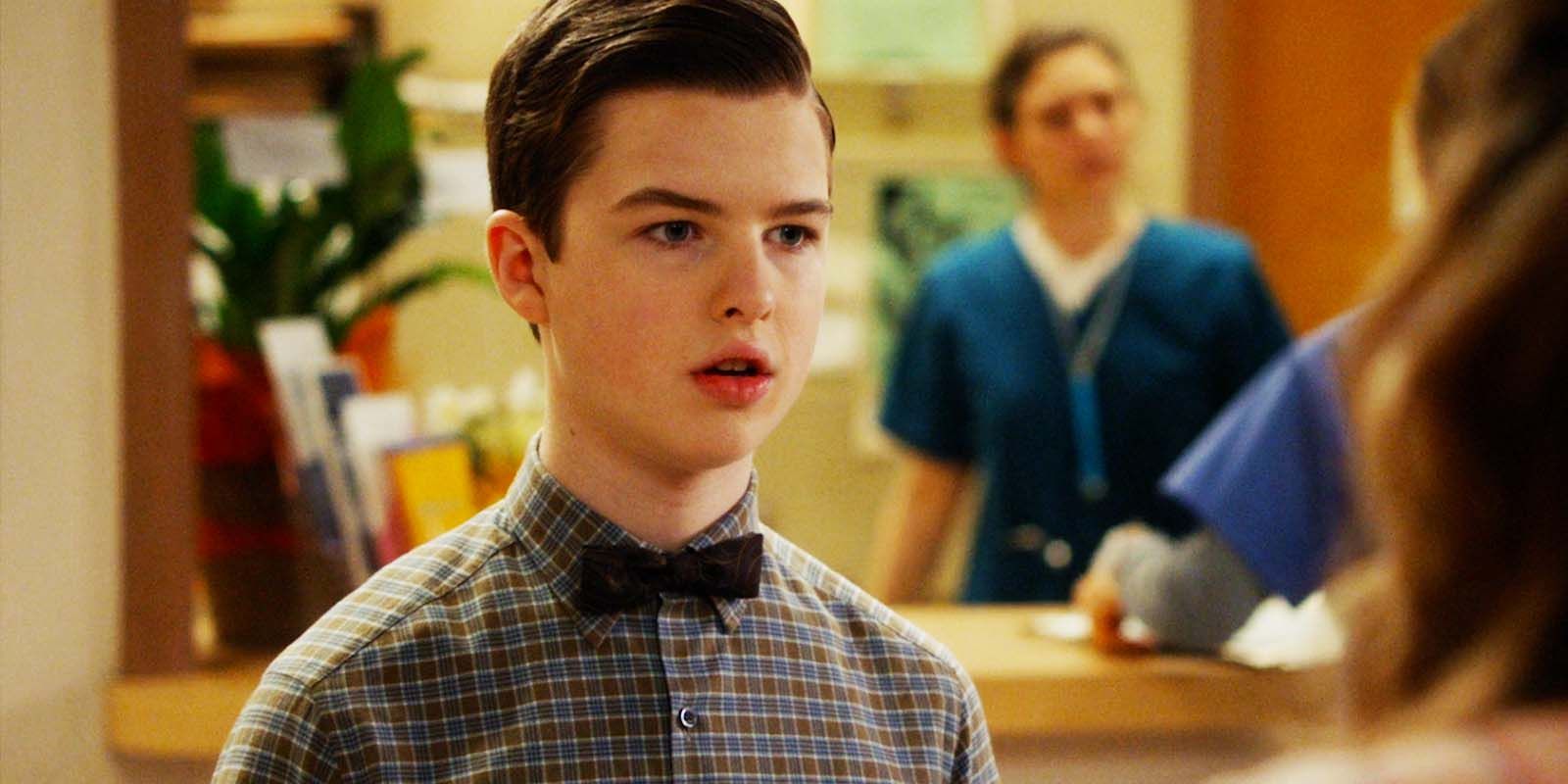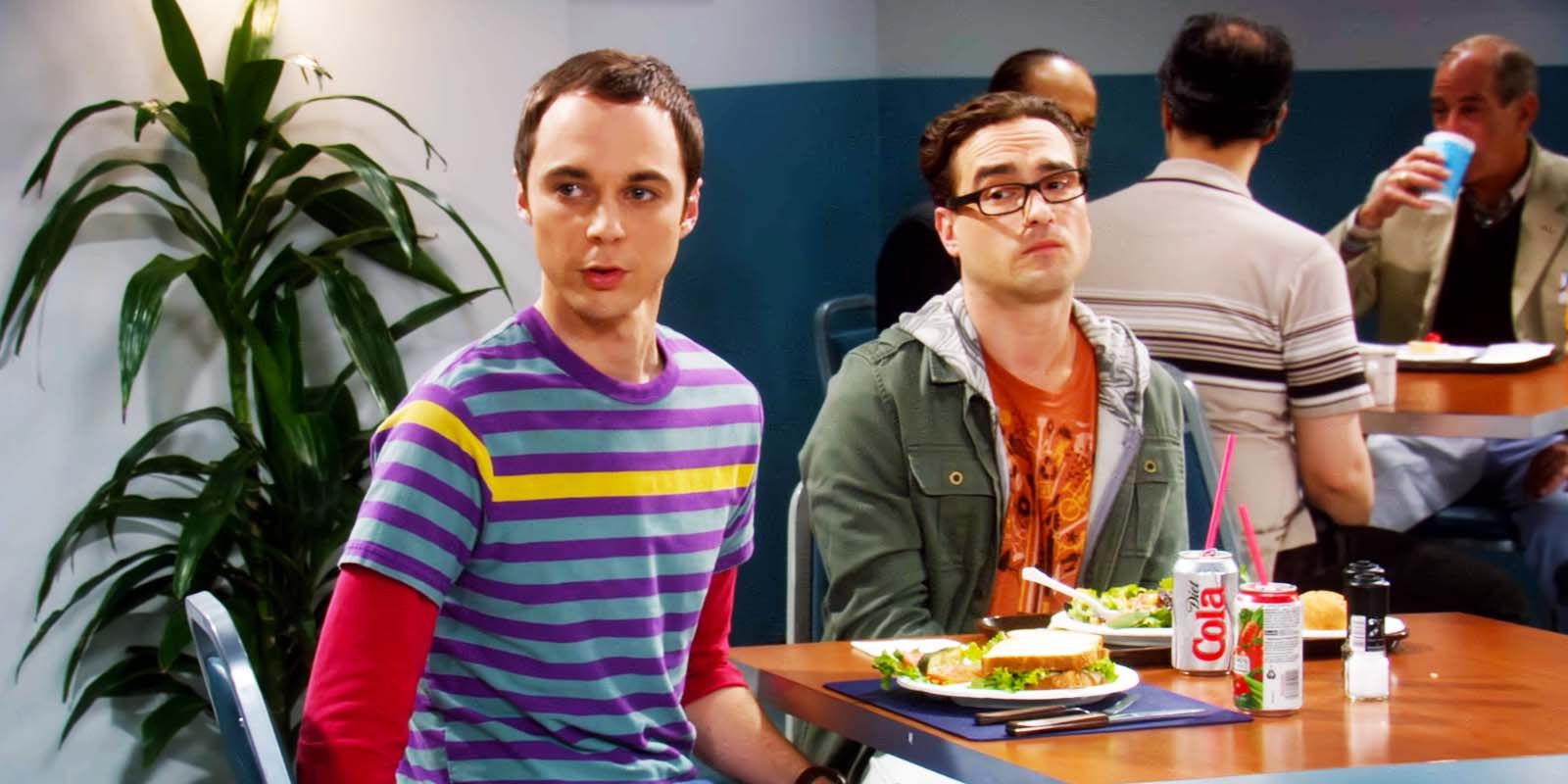
Young Sheldon Season 6 Finally Explained Sheldon’s Huge Personality Plot Hole In TBBT
Sheldon’s turn from the emotionally intelligent child of Young Sheldon season 1 to TBBT’s socially inept genius started to make sense in season 6.
From its inception, Young Sheldon presented the titular character with quirks and his love for science, but never as the socially inept genius he was in the parent series The Big Bang Theory. Despite long-standing habits present in both series like the bathroom schedule, and Sheldon’s awe with anything connected to physics and trains, Sheldon’s behavior with people was much more endearing in Young Sheldon than his older self in The Big Bang Theory. If Sheldon’s social ineptitude presented itself via rude remarks and continuous statements of superiority in The Big Bang Theory, his younger self in Young Sheldon could sometimes be indelicate, but not much more than his siblings.
TBBT’s earliest seasons displayed Sheldon’s worst impulses, whether those got him fired after he wielded his genius to belittle the new university president or repeatedly made Penny, Leonard, Raj or Howard feel insulted. His inability to understand sarcasm was an established joke to the point that when the gang employed it, Sheldon tried to guess if it was or not. While similar blunders sometimes appeared even in Young Sheldon, it was never as systematic as in TBBT, and Sheldon was never needlessly cruel. This massive difference had many wonder whether it was a plot hole or it would be explained, but Young Sheldon season 6 seemingly set up TBBT’s Sheldon.
Young Sheldon Season 6’s Story About Mandy Showed A Sheldon More Similar To TBBT’s
Sheldon’s refusal to see their parents’ perspectives saw him more similar to his TBBT version
Young Sheldon often showed a considerate, more emotionally mature Sheldon than his counterpart in The Big Bang Theory, especially in its earliest seasons. However, one storyline in particular in Young Sheldon season 6 highlighted some differences in the way Sheldon approached the challenge ahead. Indeed, Young Sheldon season 6, episode 14, “A Launch Party and a Whole Human Being” placed Sheldon as the only one available to help Mandy after she went into labor, putting him in a position where, if he followed his better impulses, he would have greatly helped his niblingo.
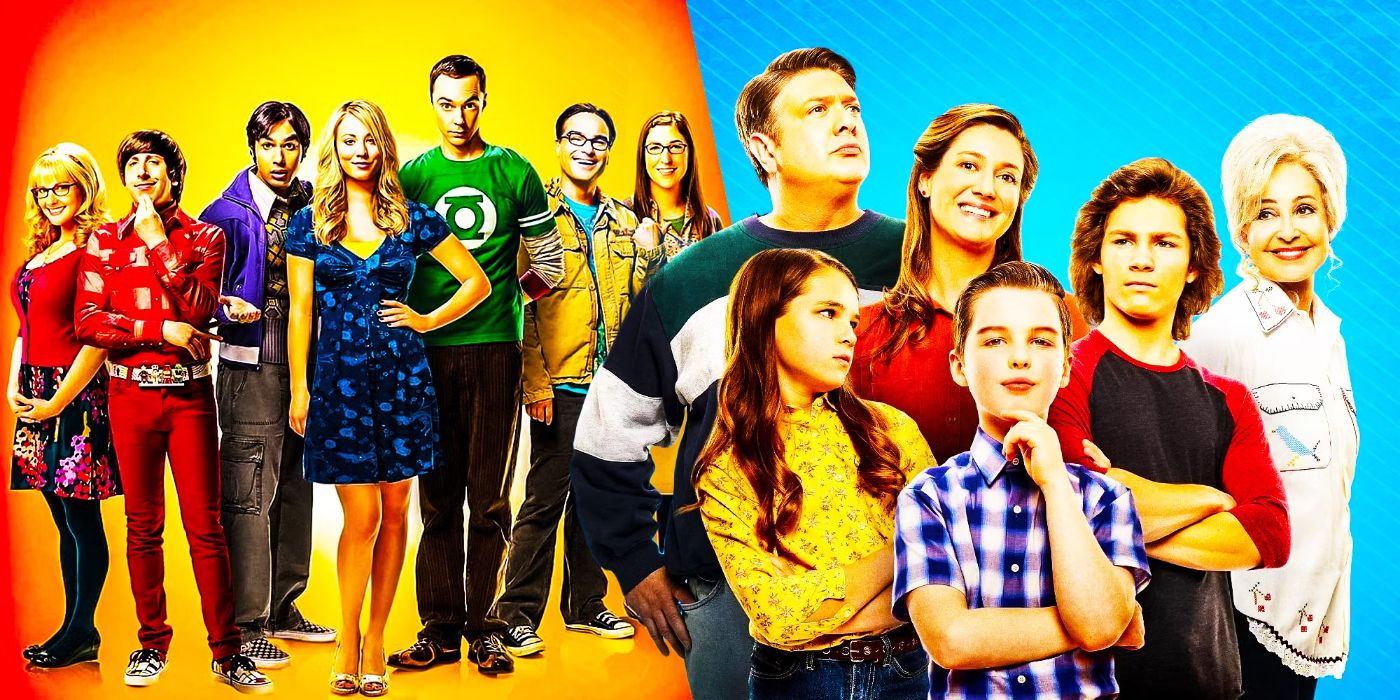
While Sheldon’s thought to trust Brenda Sparks after seeing how bad the contractions were showed his unexpected readiness for the challenge, his mind always going to his database launch made him more selfishly interested in his achievement than the birth of his niece. His behavior during Cece’s birth mirrored that of his older version in TBBT, who attended his nephew’s birth but was completely uninterested in the event. His remarks about him and Mandy doing the same thing simultaneously by “bringing something new into the world,” coupled with his push for his parents to bring him to the database launch highlighted how, despite the momentous occasion and their parents’ fight, he was only thinking about himself.
A Big Shock Could Cement His Transformation – and George’s Affair & Death Are Close
Sheldon’s slow transformation could easily become permanent because of his father’s ordeal
Young Sheldon seasons 1 and 2 made an effort to showcase Sheldon’s surprising social intelligence and understanding of those closest to him so that even if he needed confirmation, he still picked up on ambiguous exchanges. Young Sheldon season 1 finale’s story about Professor Sturgis and Meemaw possibly pursuing a relationship had Sheldon particularly invested in that outcome, but also able to pick up on their conversations’ subtext. Similarly, Young Sheldon season 2, episode 3 had Sheldon be the one to help Mary with her crisis of faith, despite his atheism, proving his willingness simply to help his mother and the emotional maturity to know what to tell her.
Instead, Sheldon’s inability to see past his goal in Young Sheldon season 6, episode 14 established his attitude to be more similar to his adult self in TBBT than his children self in Young Sheldon’s earlier seasons. However, Young Sheldon season 6’s clues about George’s affair hint that its discovery and George’s subsequent death might happen soon in Young Sheldon season 7. This could make the distressing event not only happen soon after Sheldon’s spats with George Sr. but also turn Sheldon’s absence of consideration for others from sporadic to permanent, mirroring his The Big Bang Theory personality and simultaneously making the change make sense.
Sheldon’s Regression In Young Sheldon Finally Reconciles It With TBBT
Sheldon’s TBBT progress made sense, but this new development makes the two shows cohesive
Were Sheldon’s transformation in Young Sheldon season 6 to become permanent after George’s death, it would resolve the discrepancy between how he was at the origin of Young Sheldon and The Big Bang Theory. Indeed, Sheldon’s social skills being consistently better throughout Young Sheldon’s first seasons was only one of the considerable differences between what The Big Bang Theory established about the Coopers and how they actually appeared in Young Sheldon. While Young Sheldon may never explain why George was painted as a good-for-nothing in The Big Bang Theory, Sheldon’s and Mary’s personalities turn for the worse in TBBT might find meaning because of the upheaval George’s death will cause.
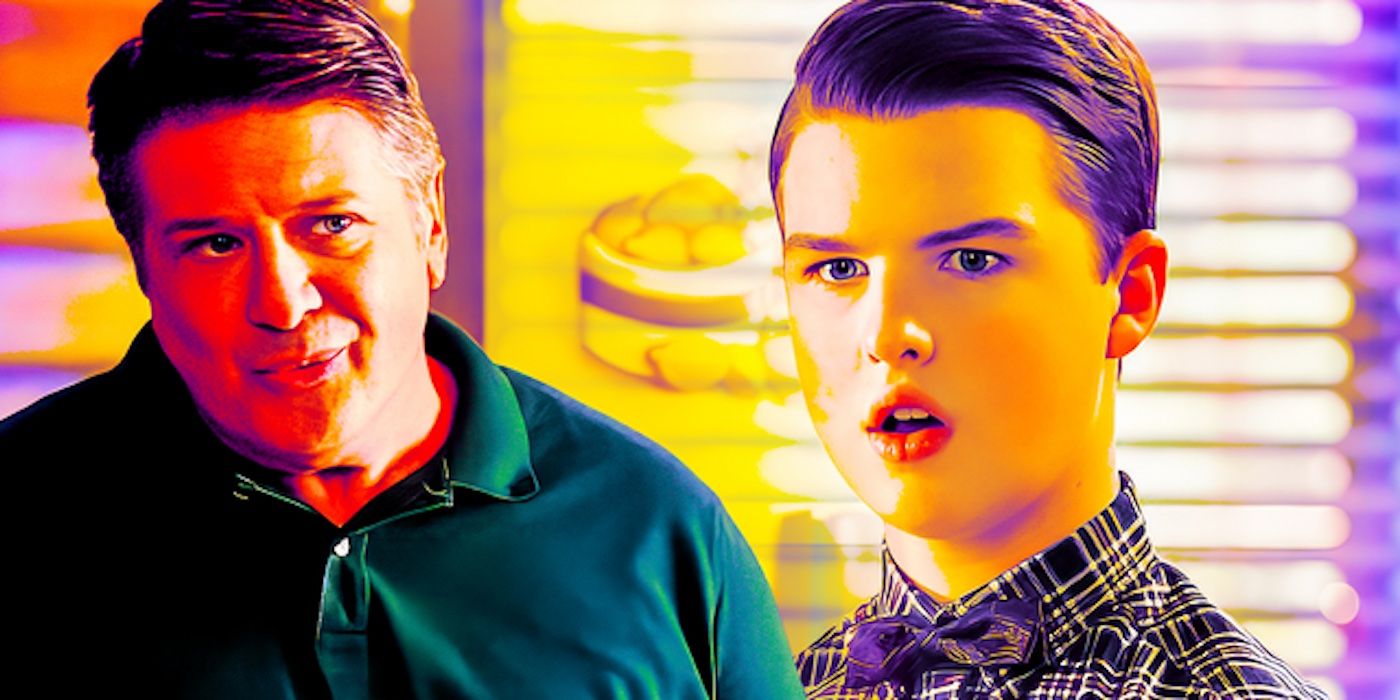
Sheldon’s progress in The Big Bang Theory worked for the original sitcom, as his expanding group of friends, his friendship with Penny, and his relationship with Amy effectively made him more receptive to people’s problems. However, Sheldon’s initial transformation in Young Sheldon season 6 effectively set up a timeline explaining how Sheldon started as an emotionally intelligent child, turning into a more socially inept genius, before only becoming a more emotionally mature self with the help of his friends. This made Sheldon’s differences between The Big Bang Theory and Young Sheldon finally make sense, explaining their development and turning a personality plot hole into a well-weaved part of Sheldon’s story.
